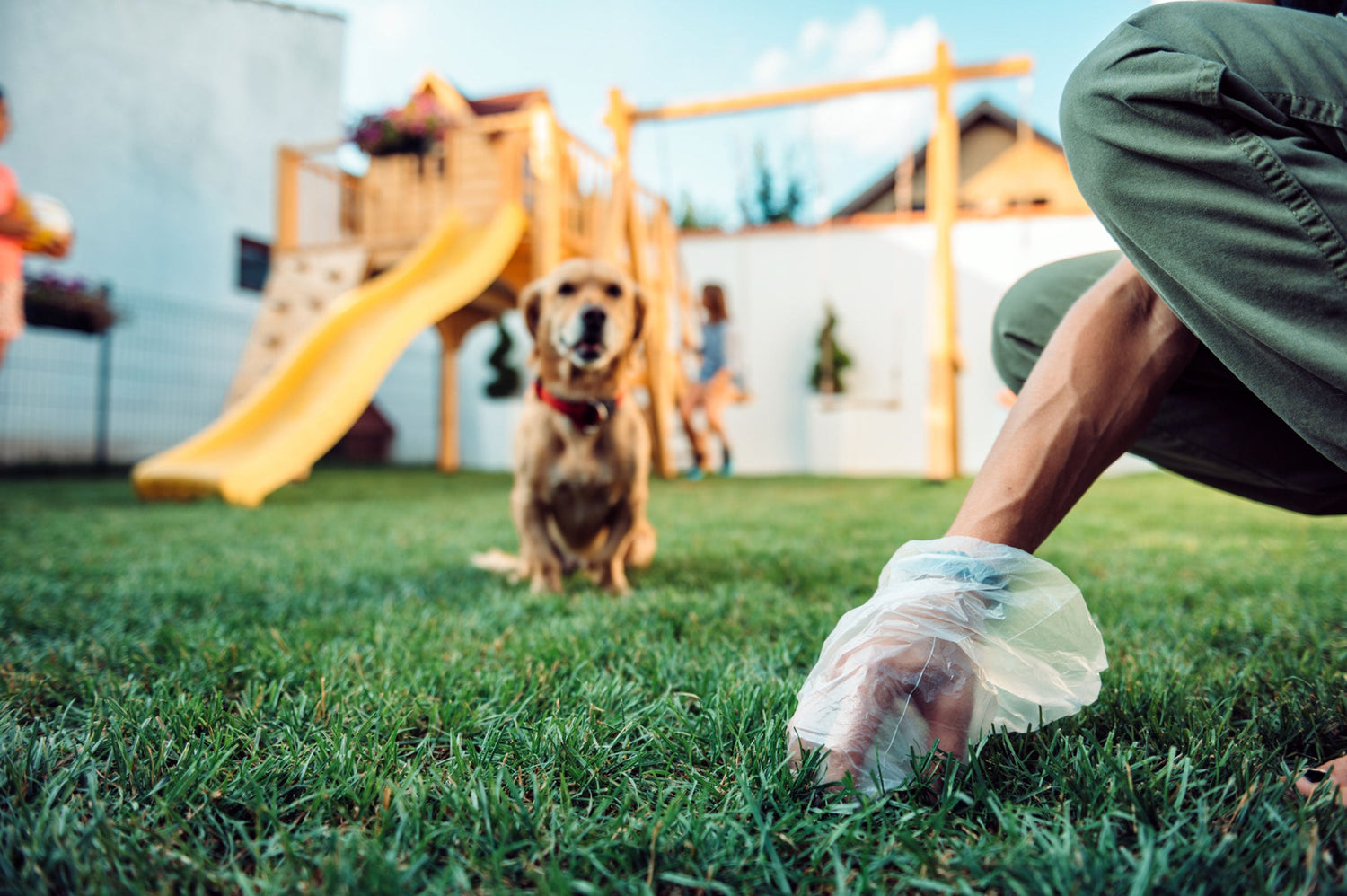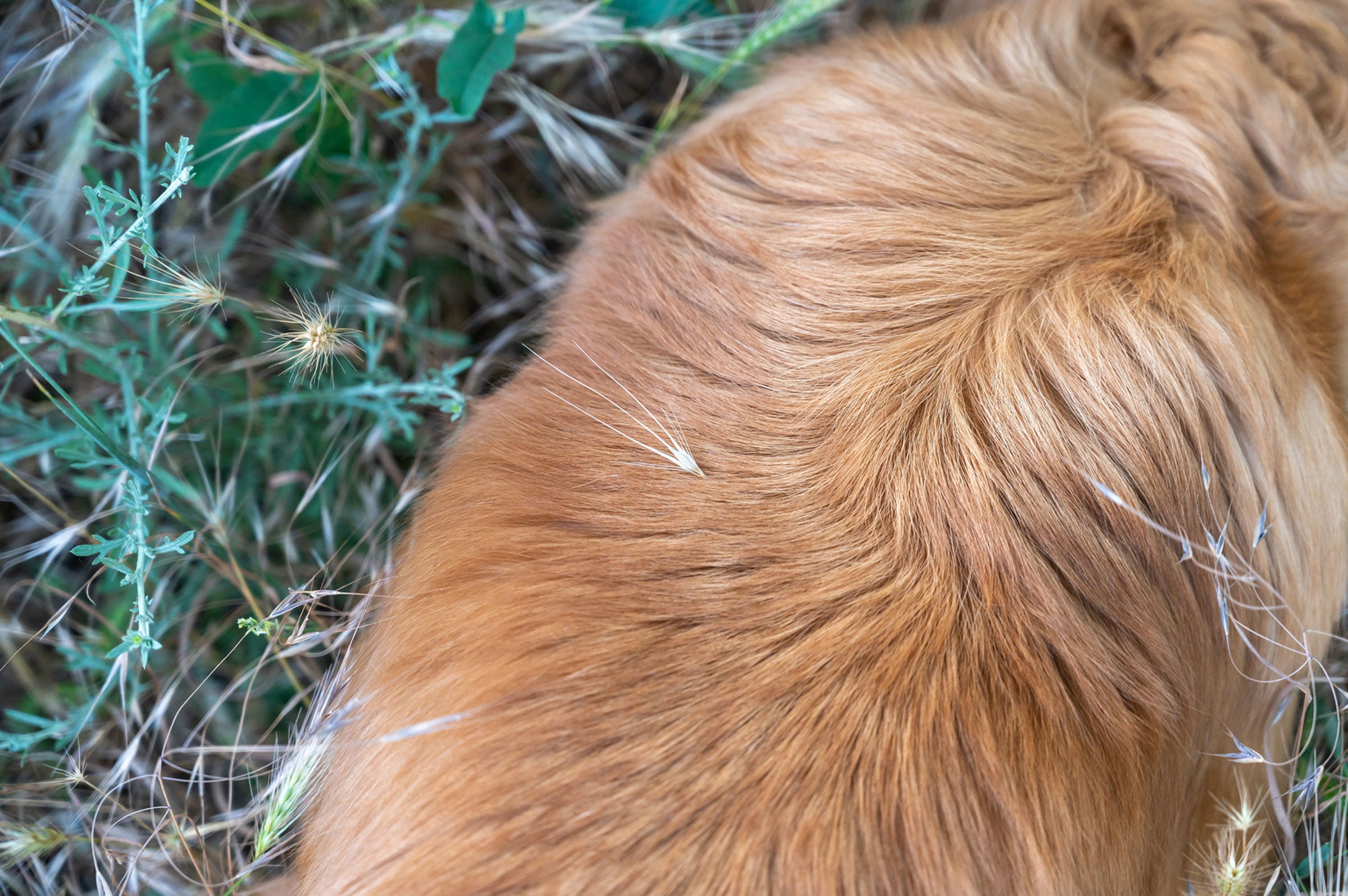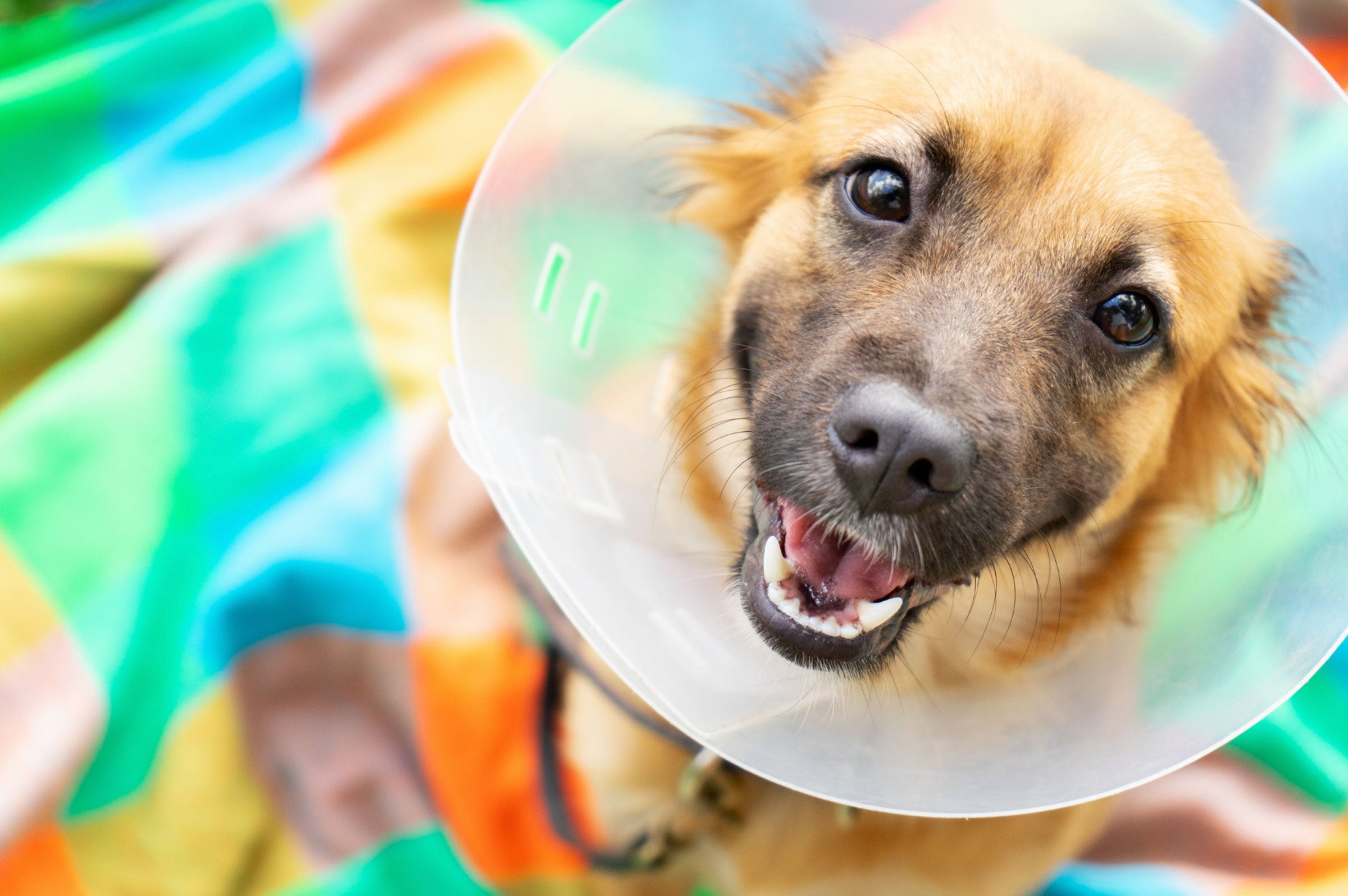It’s a topic that might make some dog owners cringe: coprophagia, or the act of eating feces. While it’s a relatively common behavior among dogs, it’s not exactly a pleasant subject to discuss at dinner. However, understanding why dogs engage in this behavior and knowing how to address it can help you manage it effectively.
Why Do Dogs Eat Feces?
- Instinctual Behavior: In the wild, mother dogs may eat the feces of their young to keep the den clean and to protect the puppies from predators who might be attracted by the scent. Puppies might mimic this behavior from their mothers.
- Nutritional Deficiency: Dogs may eat feces if they’re lacking certain nutrients in their diet. It’s a misguided attempt to replenish these deficiencies.
- Health Issues: Certain conditions like diabetes, parasites, or problems with nutrient absorption can lead dogs to eat feces. It’s important to rule out any underlying health problems with a vet visit.
- Cleanliness: Some dogs might eat feces to clean their space if they feel that their living area is dirty.
- Attention Seeking: Dogs quickly learn that eating feces will elicit a strong reaction from their owners. For some dogs, any attention is good attention.
- Boredom or Anxiety: Dogs that are bored or anxious may eat feces as a way to relieve stress or pass time.
How to Stop Your Dog from Eating Feces
- Keep the Environment Clean: Regularly clean up after your dog to remove the temptation. Ensuring that your yard and walking areas are free of feces can prevent the behavior from becoming a habit.
- Address Dietary Needs: Consult with your veterinarian to ensure your dog’s diet is fulfilling all nutritional needs. Sometimes, adding digestive enzymes or probiotics as recommended by your vet can help.
- Provide Plenty of Exercise and Mental Stimulation: Boredom and anxiety can be combated by giving your dog plenty of physical and mental exercise. Puzzle toys, regular exercise, and training sessions can keep their mind and body engaged.
- Training and Commands: Train your dog to come to you when they approach feces. Using commands like “leave it” or “come” can help manage their behavior during walks.
- Use Deterrents: There are products available that can be applied to feces to make them taste unpleasant to your dog. These are especially useful if your dog is eating feces from other animals.
- Check for Underlying Health Issues: Regular veterinary checkups can help ensure that your dog is not suffering from a condition that leads to coprophagia.
- Provide Lots of Attention: Ensure your dog gets attention for positive behavior rather than negative. Reinforce good behaviors with treats and praise.
Conclusion
Eating feces is certainly a challenging and unpleasant behavior to manage, but it’s not insurmountable. Understanding the reasons behind the behavior and taking proactive steps to address it can significantly reduce or eliminate the habit. First, look at adding probiotics into your dog’s diet.
Remember, patience and consistency are key in modifying this behavior. If the problem persists, don’t hesitate to consult your veterinarian for more specialized advice. This approach should help dog owners better understand and manage this common yet unappealing behavior.











